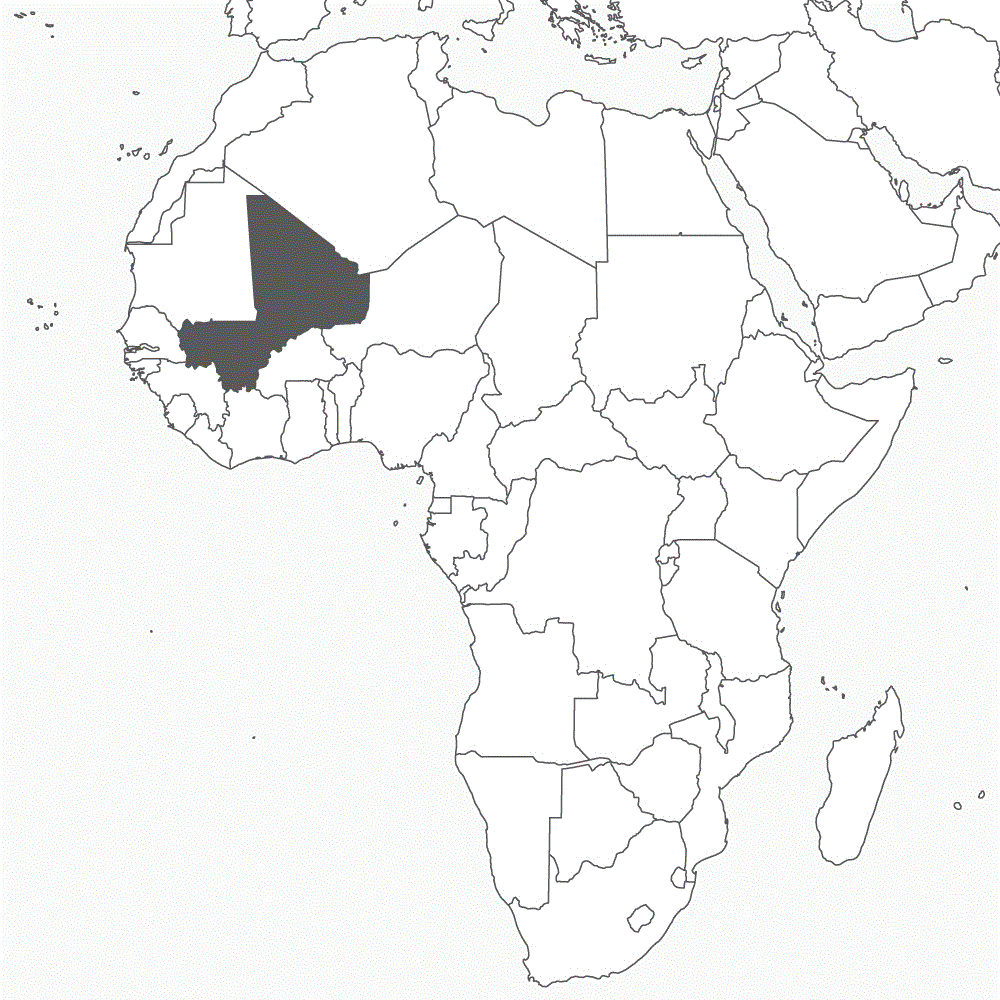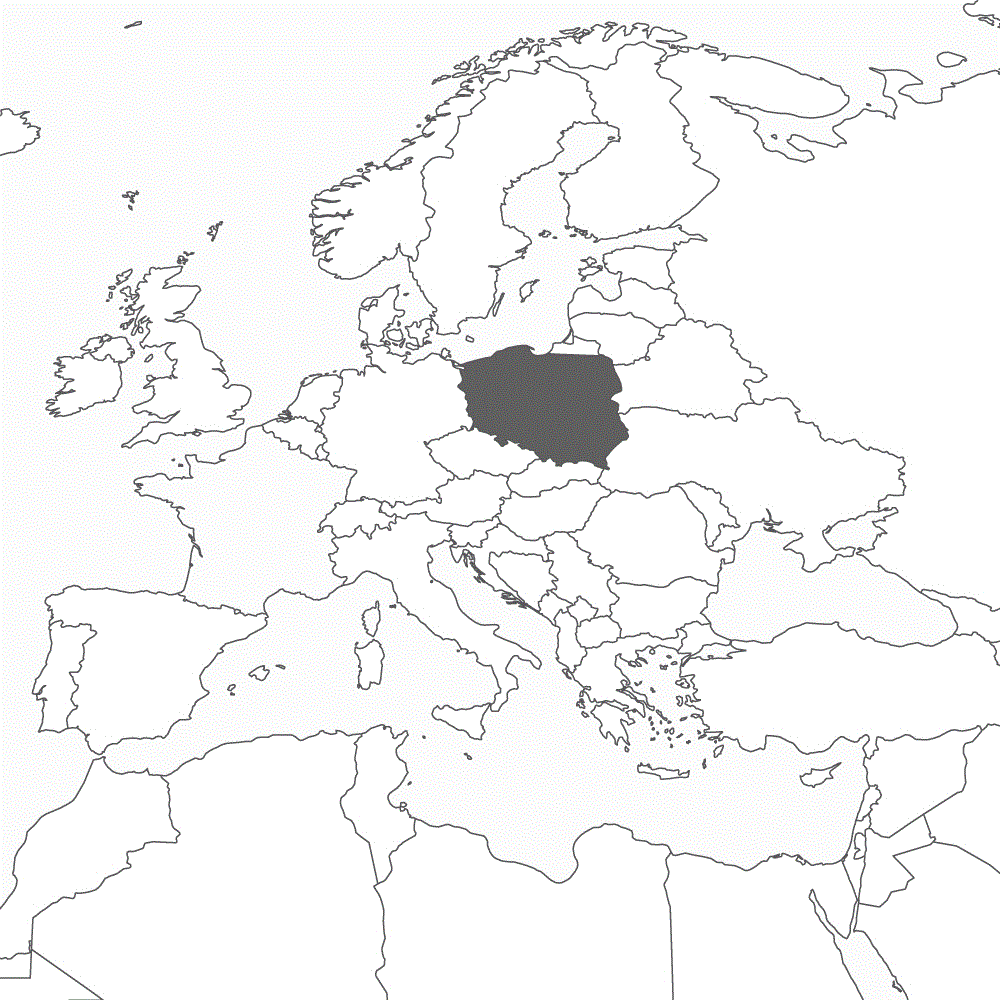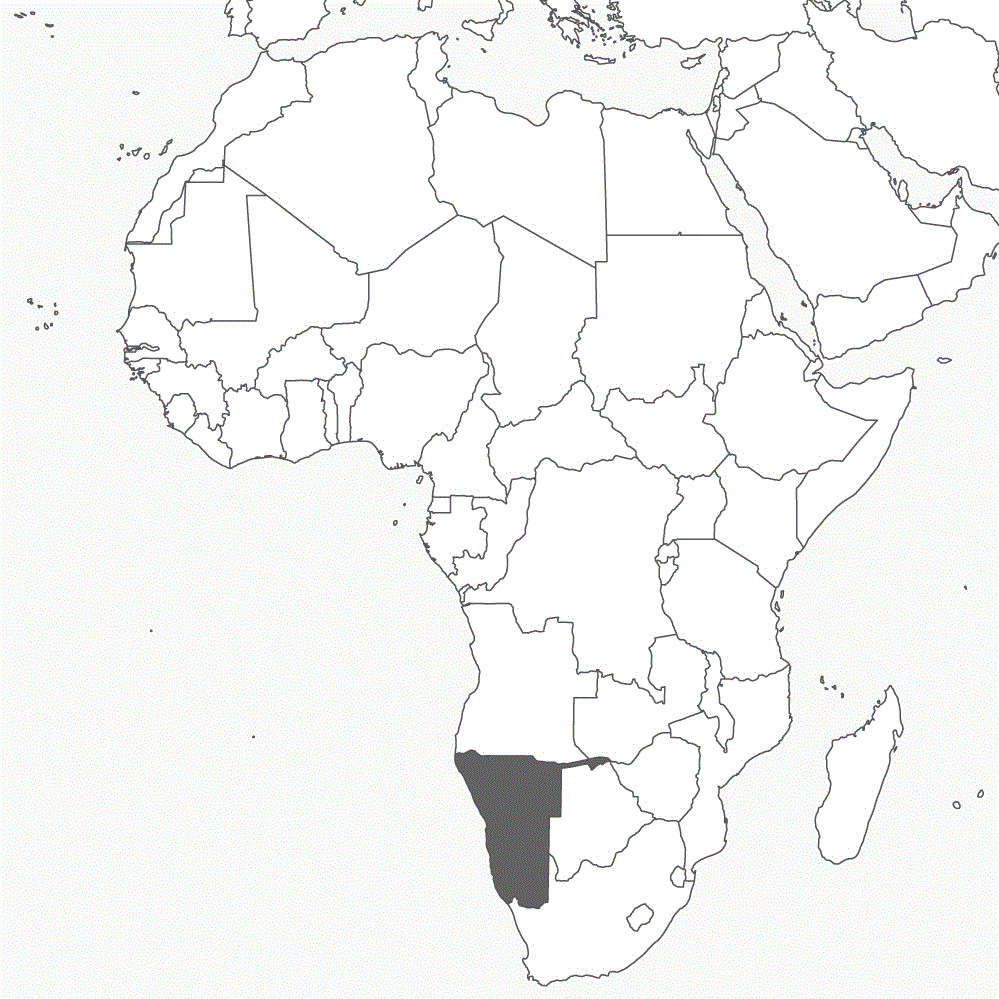Berlin and the “Ukrainian Holocaust”
Bundestag wants to declare the 1932/33 famine in Ukraine a genocide, adopting politically motivated positions from the milieu of the former Ukrainian Nazi collaboration.
BERLIN/KIEV (Own report) – The German Bundestag wants to declare the 1932/33 famine in Ukraine a genocide and is thus adopting a politically motivated classification from the milieu of the former Ukrainian Nazi collaboration. As research by historians shows, the claim that the famine was a deliberately planned “Ukrainian Holocaust” originated within the Ukrainian exile community in Canada, where former Nazi-collaborators set the tone. In the late 1980s, this claim was subsumed under the newly coined term “Holdomor”. Historians overwhelmingly reject this claim, particularly because the famine affected the populations of agrarian regions throughout the Soviet Union. The Bundestag plans to pass its resolution on the “Holdomor” already on Wednesday. This also threatens to have serious domestic consequences. Last Friday the Bundesrat had approved the recent tightening of §130 of the German penal code, according to which “the public condoning, denying, or grossly trivializing” of war crimes and genocide will be punishable by law. Read more
The Next Lost War
German Foreign Minister Baerbock obtains extension of military operation in Mali, primarily for strategic reasons. The Mali mission is just as much a failure as the Afghanistan venture before it.
BAMAKO/BERLIN (Own report) – The German government postpones for a year the planned pull-out of the Bundeswehr from Mali to May 2024, to accomplish Germany’s strategic interests in the Sahel. Foreign Minister Annalena Baerbock and Defense Minister Christine Lambrecht have agreed on this measure. Whereas Lambrecht had initially pleaded for terminating the mission at the end of its current mandate – May 2023 – Baerbock insisted on an extension, for reasons that have nothing to do Malian interests. Russia’s influence in the Sahel must be repelled, declared the foreign minister, and besides, a German participation in a UN mission in Mali is advantageous for applying for a renewed seat on the UN Security Council. The fact that the mission in Mali is primarily based on strategic interests, is like the dispatchment of the Bundeswehr to Afghanistan in late 2001. There the mission failed last year – after nearly two decades – marked by war crimes, a lack of reconstruction and western ignorance. It bares many resemblances to the – also failed – mission in Mali. Read more
In “Systemic Competition” with the USA
Trade war expands between the EU and USA over US investment programs luring industries of the future away from Europe. Managers warn of an „industrial exodus” to the USA.
BERLIN/WASHINGTON (Own report – The trade war is expanding between the EU and the USA over investment programs worth hundreds of billions. According to reports, these programs threaten not only the production of electric cars and their batteries, but also the wind and hydrogen energy sectors – all the industrial sectors crucial to Berlin’s and the EU’s futuristic plans. This is caused by these US measures, including the Inflation Reduction Act, which promise hundreds of billions of US dollars in subsidies, however, granted only for products manufactured in the USA. To take advantage of this boost in subsidies, Washington is coaxing companies from Europe, but also from Japan and South Korea to relocate to the United States. Whereas France is calling for resolute countermeasures, Berlin is playing it down, restricting the EU to negotiations with the USA. According to economists, “a great number of industries of the future” are ultimately at stake. Former Siemens CEO Joe Kaeser even warns of an “industrial and capital exodus from Europe” to the USA. Read more
Strategy for a Decisive Decade (II)
The German Foreign Ministry presents its draft strategy for escalation of the power struggle against China, planing Taiwan’s integration and economic coercion measures – such as boycotts of entire regions.
BERLIN/BEIJING (Own report) – In the midst of a power struggle against Russia, the German Ministry of Foreign Affairs under Foreign Minister Annalena Baerbock is preparing another escalation in the power struggle against China. This has been confirmed by excerpts from the draft of a new German strategy toward China currently circulating in media reports. According to these, the foreign ministry is pushing for steps, intended (officially) to merely prevent dependence on the People's Republic of China, but aimed, in fact, at reducing German industry’s business with China. It also provides for the option of imposing import bans if desired on products from entire regions, for example from Xinjiang or Hong Kong. The paper simultaneously calls for steps to be taken in relationship to Taiwan that would be likely to test Beijing’s red lines. Moreover, the foreign ministry is making cooperation with China dependent on the extent that Beijing submits to German foreign policy and ceases all cooperation with Russia – a hint also in the direction of India or South Africa, showing what they too can expect in terms of cooperation with Germany. The consequences of an escalation of the conflict with China would considerably exceed those of the economic warfare waged against Russia. Read more
The Przewodów Missile
NATO has sounded the “all-clear” for the missile impact in Poland. German politicians had falsely accused Moscow, thereby arousing fear of a NATO/Russia confrontation.
BERLIN/WASHINGTON/WARSAW (Own report) –NATO has sounded the all-clear, following Tuesday’s impact of a missile in Przewodów, Poland. The missile that killed two people had neither been launched by Russian military forces, nor are there indications that the Russian military offensive is directed against a member of the alliance, announced NATO’s Secretary General Jens Stoltenberg yesterday. On Tuesday, leading politicians from various European countries – including the Chair of the Defense Committee of the German Bundestag – had accused Russia, without the slightest bit of evidence, of having fired the missile, thereby arousing fears that this could lead to a direct confrontation between NATO and ‘Russia. Something similar had happened already in March, when demands for a no-fly zone over Ukraine were made, also in Germany – a sure path for NATO being at war with Russia. This war policy is in line with German Foreign Minister Annalena Baerbock’s demand that Russia be driven into “a strategic defeat.” However, a solid majority of the population is speaking out in favor of negotiations to end the war. Read more
Hush Money Instead of Compensation (II)
Herero and Nama organizations are preparing a lawsuit against an agreement in which Berlin is seeking to avoid full recognition and payment of reparations for the genocide carried out on their ancestors.
WINDHOEK/BERLIN (Own report) – In Namibia, Herero and Nama organizations are preparing a lawsuit contesting an agreement between Berlin and Windhoek on resolving the conflict over compensation for the genocide perpetrated from 1904 to 1908. The so-called Reconciliation Agreement had been initialed in May 2021 by both governments, but never signed by the Namibian side, because of strong protest from the descendants of the victims. On the one hand, they are insisting that Berlin fully recognize the genocide. Berlin has consistently refused to do so. The German government refuses to even apply the 1864 Geneva Convention or the 1899 Hague Convention on Land Warfare – among others, because these had applied, according to the legal standards at the time, only to “civilized” populations, not to populations in African colonies. On the other hand, the organization of the Herero and Nama are insisting on formal reparations for the genocide. Germany is only willing to accord a voluntary payment in approximately the amount of ordinary development aid. The “Reconciliation Agreement” will now to be reviewed in a Namibian court. Read more
“The Aberration of Sanctions”
German expert severely criticizes Russia sanctions: They “impact other than expected” – to the disadvantage of the West. India plans to confront the sanctions alliance within the G20 framework.
BERLIN (Own report) – Strong criticism of the West’s economic war against Russia is being raised for the first time in Germany’s foreign policy establishment. With their sanctions, the states of North America and Europe have taken a “wrong path” that they must quickly abandon, according to an article in the periodical Internationale Politik (IP). The West’s sanctions alliance has not only miscalculated the Russian population’s potential for dealing with coercive measures, but also their impact on the international financial system. There are signs of a growing repudiation of Western financial instruments and currencies to undermine transatlantic powers’ future sanctions from the outset. The sanctions alliance has also underestimated the resentment of Asian, African, and Latin American countries, which have no say in the decisions on sanctions, but would partially be severely harmed by their spill-over impact. India’s Finance Minister Nirmala Sitharaman announced her intention to confront the Western powers’ sanction policy within the G20 framework. New Delhi is set to assume the presidency of the G20 soon. Read more
Strategy for a Decisive Decade
Conflict escalates between the German Foreign Ministry and Chancellery over Germany’s new China strategy: Baerbock opts for aggressive political attacks. Washington sabotages Germany’s business relations with China.
BERLIN/BEIJING/WASHINGTON (Own report) – While Germany’s new China strategy is being drafted, the dispute between the German foreign ministry and the chancellery is escalating over the intensity of the confrontation policy toward Beijing. Chancellor Olaf Scholz is pushing for maintaining a certain degree of economic cooperation despite the growing rivalry with the People’s Republic – in the interests of important branches of the German industry, which depend on China as a sales market and a research and development site. Foreign Minister Annalena Baerbock is pushing for aggressive political attacks against Beijing – under the pretext of fighting for human rights. She does not even hesitate to publicly attack the chancellor, himself, while abroad. At the same, time, the USA is intensifying pressure in Berlin to scale back its economic cooperation with Beijing, interfering directly in concrete German-Chinese business deals. US President Biden sees a “decisive decade” ahead in the competition with China. In this context Berlin announced a new China strategy for the first quarter of 2023. Read more
Power Struggles Behind the Front (II)
An increasing number of German companies expand their presence in the USA – at the growing expense of German production sites. US reindustrialization goes hand in hand with Germany’s deindustrialization.
WASHINGTON/BERLIN (Own report) – An increasing number of German companies are expanding their presence in the United States – at the growing expense of production sites in Germany. On the one hand, the causes are huge investment programs in the USA, and on the other, the consequences of Western sanctions aimed at “ruining Russia” (Annalena Baerbock). Since last year, Washington has started economic stimulus measures, some in the triple-digit billions, to induce German companies to set up production sites in the United States. Because of subsidies offered in the USA, the Northvolt company is considering suspending its plans to build a battery factory in northern Germany and instead to build a plant in North America. At the same time, the existence of energy-intensive industries is being jeopardized in Germany, due to the currently high energy prices. The threat of their relocation abroad – particularly to the USA, where energy prices are significantly lower – is tangible. Thus, the US reindustrialization goes hand in hand with Germany’s deindustrialization. Read more
The Dialectics of the China Business
In the runup to Scholz’s visit to China, the dispute over Chinese investments in Germany persists. With continued growth, China’s industry could outpace its German competitors.
HAMBURG/BEIJING (Own report) – In the runup to German Chancellor Scholz’s visit to China this week, the dispute over Chinese investments in Germany persists. The Chinese shipping company COSCO’s acquisition of a stake in a terminal in the port of Hamburg, agreed upon last year, was approved last week only with certain restrictions. Federal ministers from the FDP and Greens had done their best to prevent it. The dispute must be seen in the context of the contradictions in Germany’s economic development. While numerous German companies, and even entire industrial branches, continue to profit massively from their close cooperation with the People’s Republic, the intense cooperation is, in turn, also strengthening Chinese industry – at the expense of their German competitors. COSCO, for example, with a global market share of eleven percent of container shipping, has already bypassed Hamburg’s Hapag-Lloyd shipping company and threatens to outpace it in the long run. A recent study by the Berlin-based MERICS think tank illustrates similar developments pertaining to German automotive companies’ involvement with China. Read more
GERMAN-FOREIGN-POLICY.com
Information on German Foreign Policy: News + Interviews + Analyses + Background






